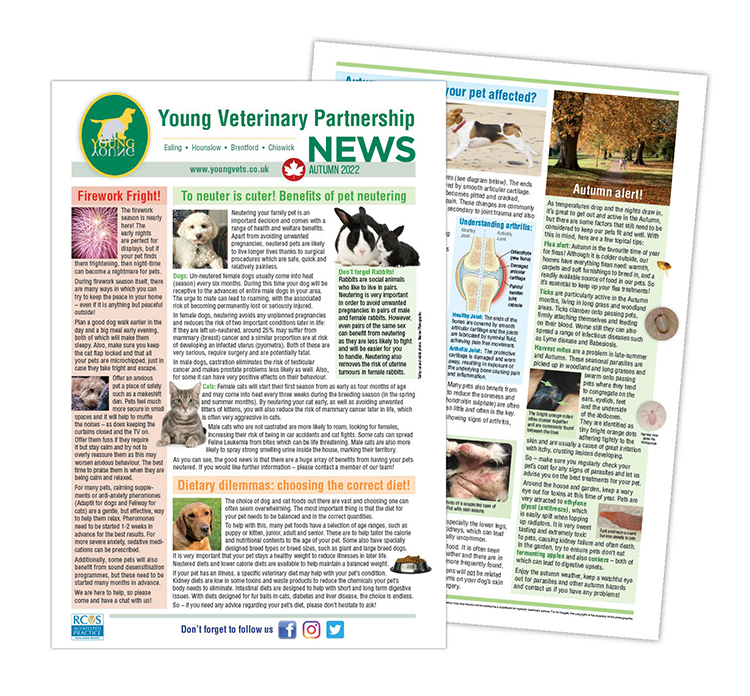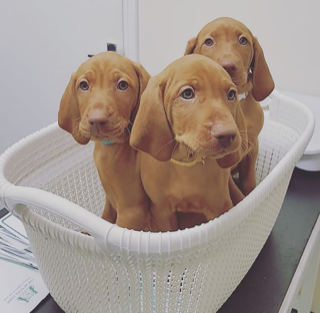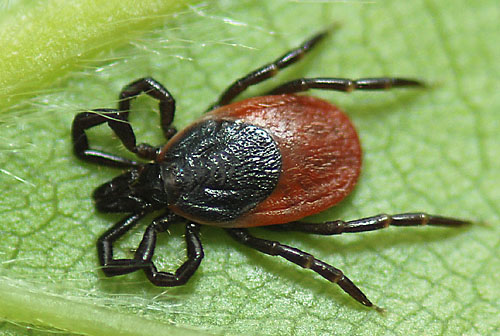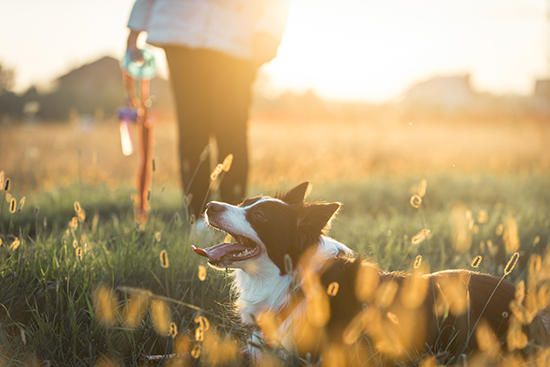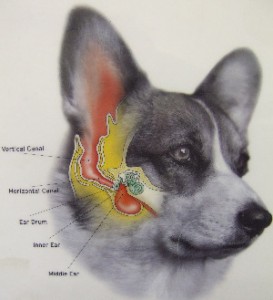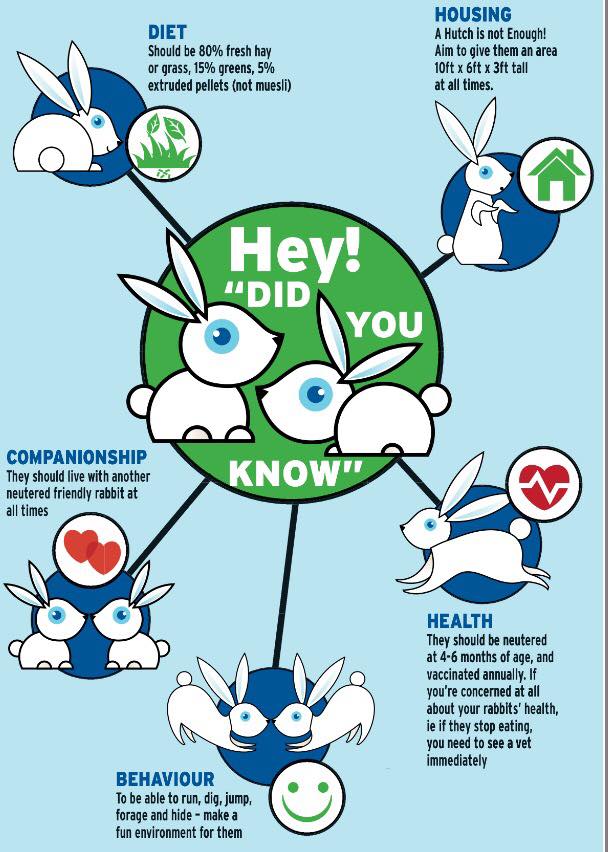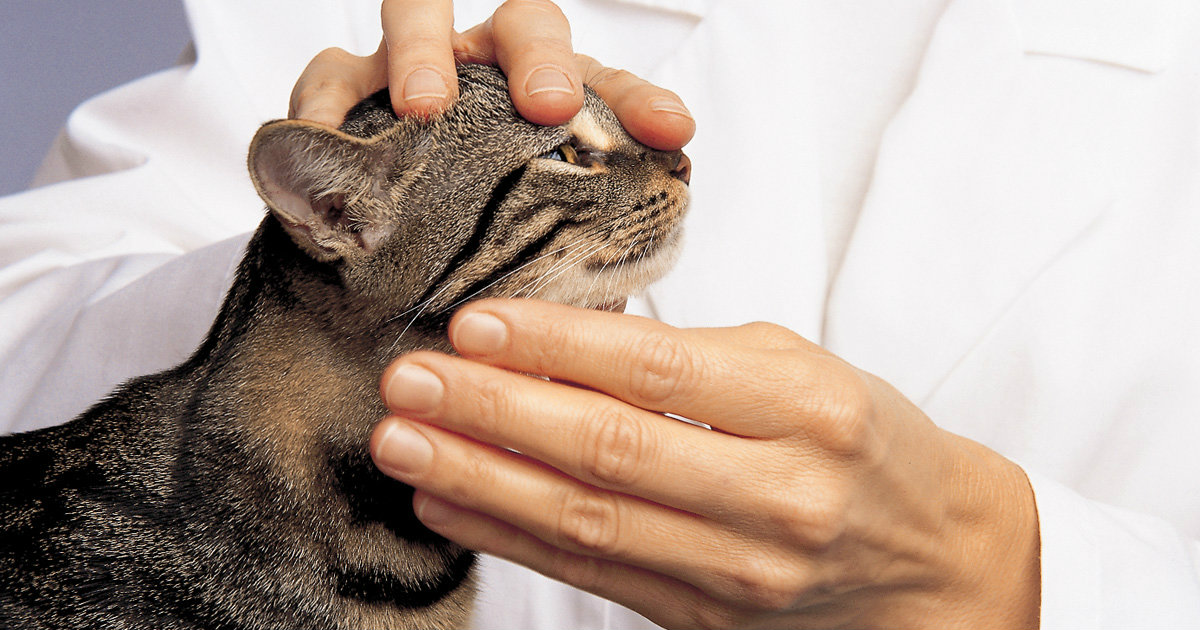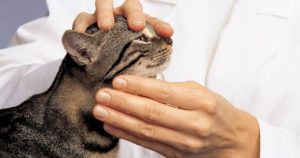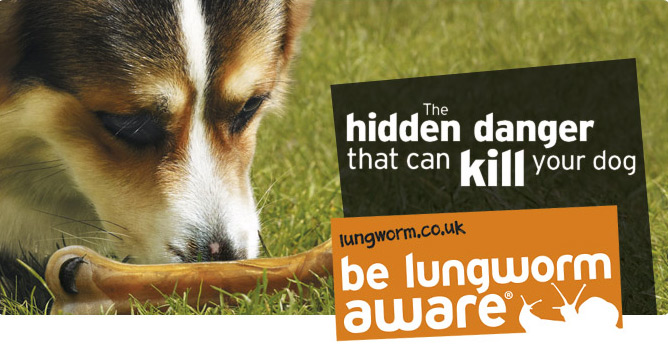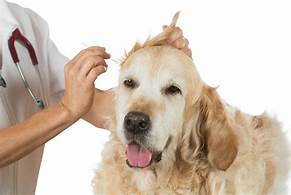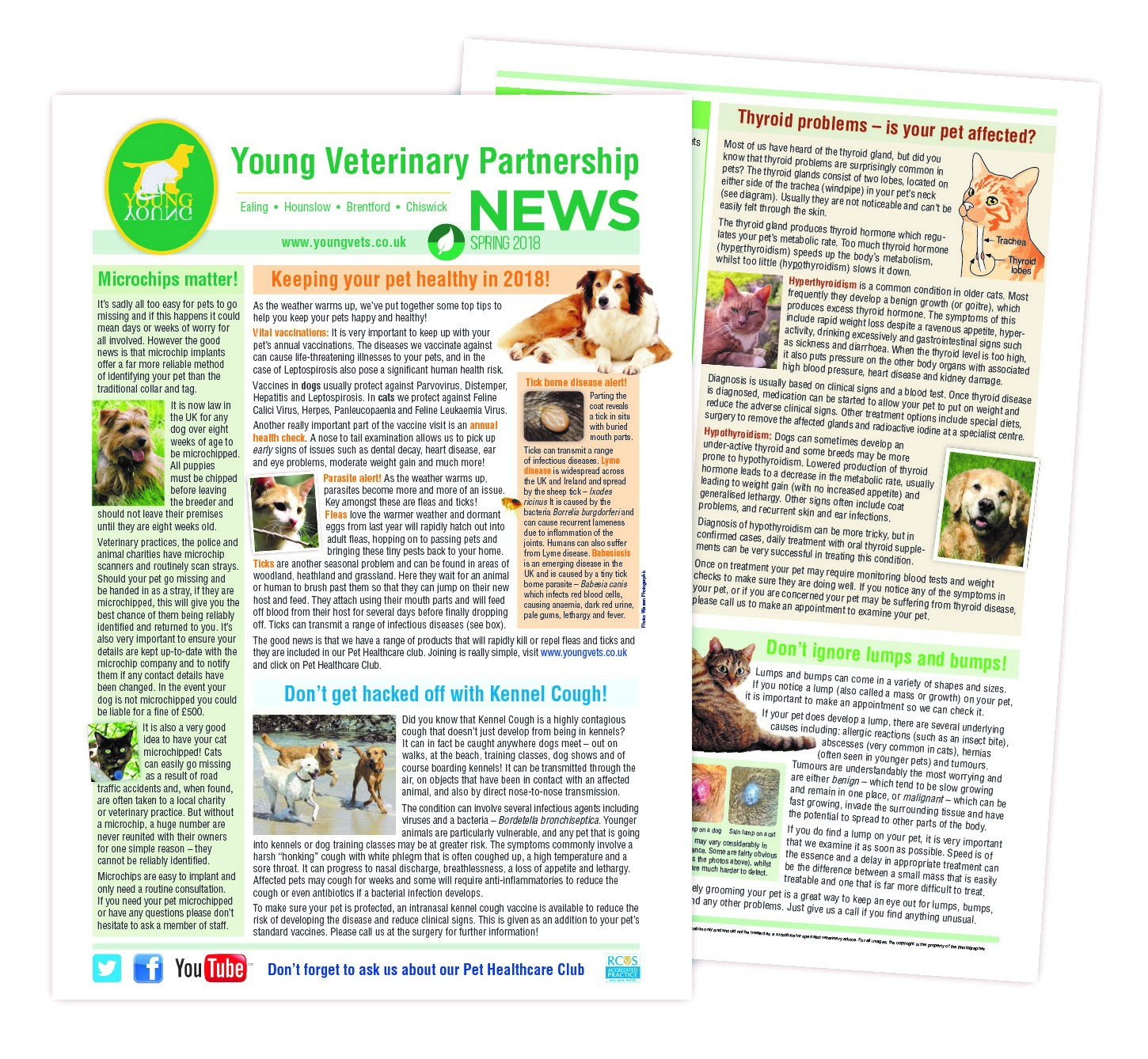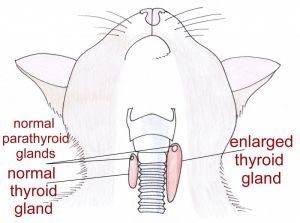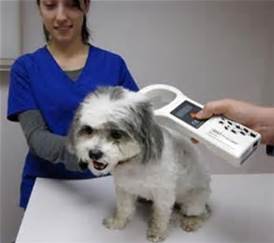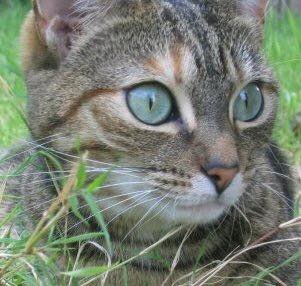Could it be an allergy?
Our Summer Pet Blog has arrived! It’s bursting with top pet tips to keep your pet fit and well during the heat of summer. Be the first to read it here. Our latest pet blog covers a wide range of summer pet care concerns including allergies. Skin allergies are common in pets particularly dogs at this time of year. Our pet blog discusses the range of causes and the signs to watch out for.
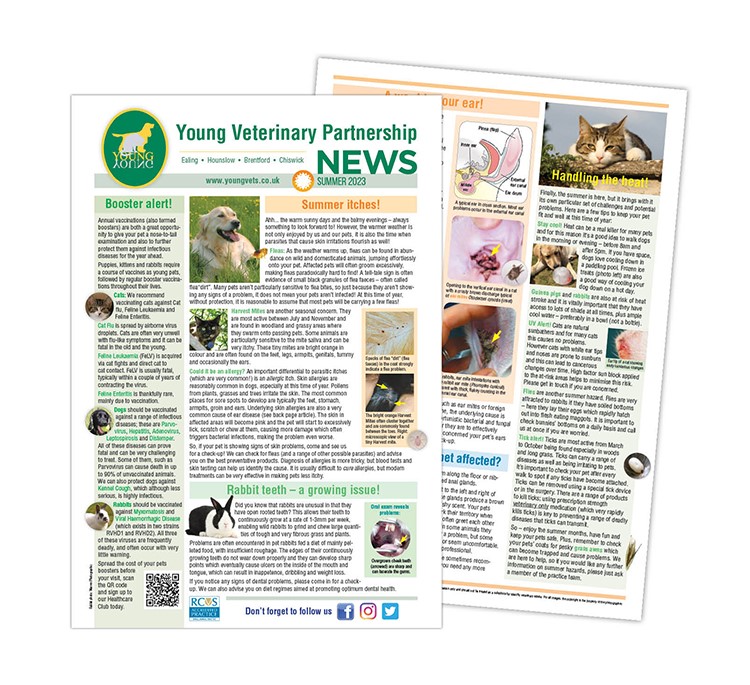
A word in your ear!
Most of the time your pet will have clean, comfortable ears but we recommend checking your pets ears regularly for signs of infection. Our latest Pet Blog discusses some of the underlying causes of ear infections, what to look out for and what to do if you suspect your pet has an ear infection.
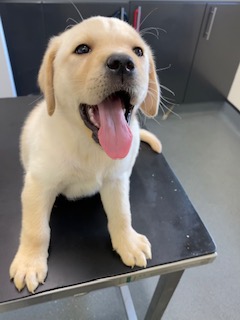
UV Alert!
The summer heat can be a real struggle for some pets, particularly brachycephalic breeds and the golden oldie pets. Our latest pet blog includes some top pet care tips on helping your pet to handle the high temperatures of summertime.
Don’t forget about your small pets – rabbits, guinea pigs and hamsters can all struggle in the heat too! Make sure your small pets are in constant shade, if they are indoors, close the curtains to help keep the heat out and provide fresh water twice daily. For rabbits and guinea pigs consider offering a water bowl alongside their usual bottle can encourage them to drink in the heat.
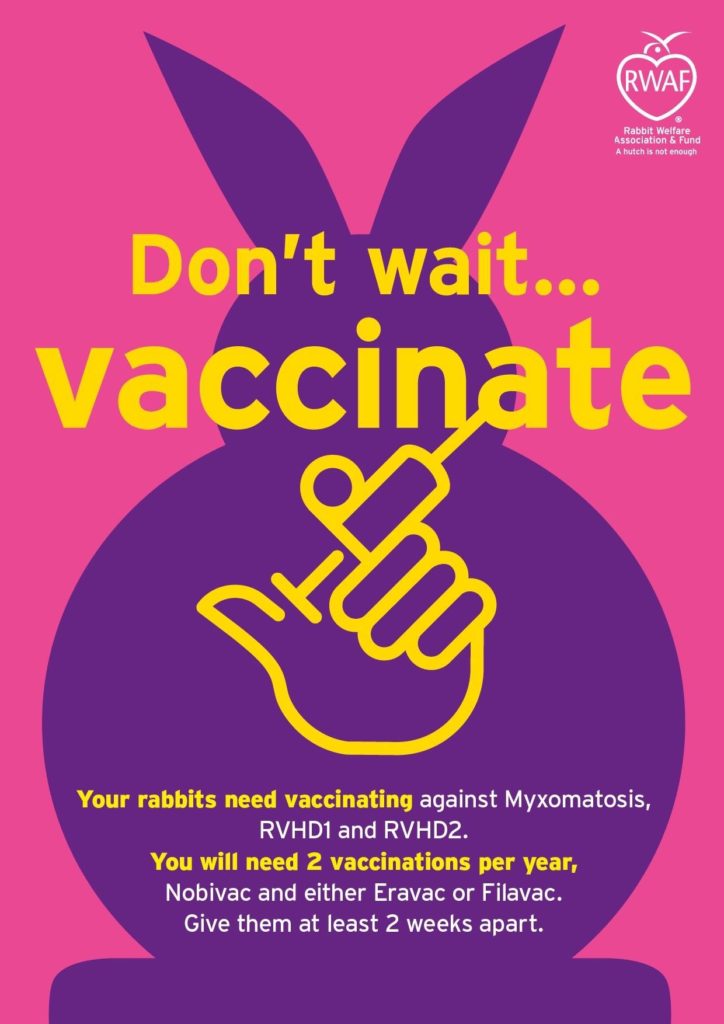
We hope you enjoy reading our Summer News 2023 pet blog. If you have a query about any of the articles mentioned please do not hesitate to contact our friendly team for more advice.

